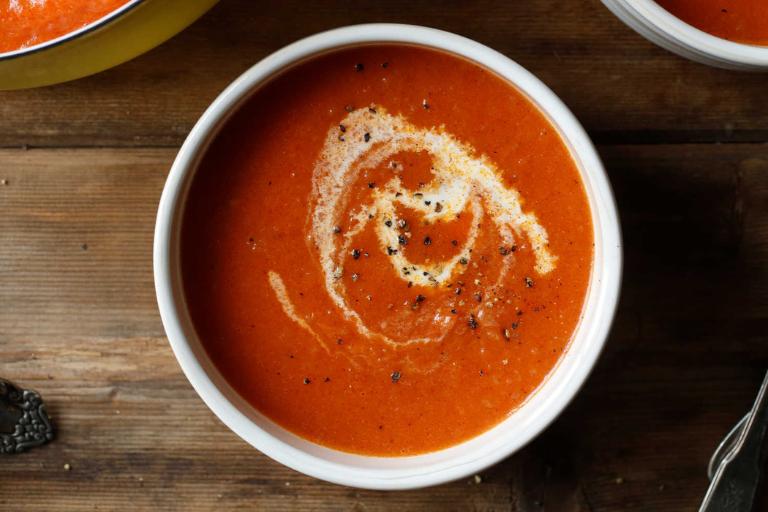In the world of politics, even the seemingly mundane can become a battleground. One unexpected arena for political disputes is the realm of food nomenclature. From controversial decisions to outright acts of spite, here are 10 foods that underwent name changes as a result of political tensions.
1. Freedom Fries – French Fries

In the early 2000s, political friction between the United States and France led to a temporary renaming of the beloved “French fries” to “Freedom fries” in some U.S. establishments. This move was a symbolic protest against France’s opposition to the Iraq War.
2. Liberty Cabbage – Sauerkraut

During World War I, anti-German sentiment prompted some Americans to rename sauerkraut to “Liberty cabbage.” The change reflected a desire to distance the food from its German origins and align it with patriotic sentiments.
3. Victory Onions – Shallots

In the United Kingdom during World War II, shallots were renamed “Victory onions” to promote a sense of national pride and unity during a time of conflict.
4. Peace Cream – Ice Cream

In the 1940s, as World War II raged on, Italian ice cream vendors in the United States opted for the name “Peace Cream” to avoid anti-Italian sentiment. The change aimed to convey a message of neutrality and peacefulness.
5. Alligator Pear – Avocado

In the early 20th century, avocados were informally referred to as “alligator pears” in the United States. The change was driven by a desire to make the fruit sound less foreign and more appealing to American consumers.
6. Stalin’s Meringue – Angel Food Cake

During the height of the Cold War, some bakeries in the United States playfully renamed angel food cake as “Stalin’s Meringue” to mock the Soviet leader. This quirky adjustment added a touch of political satire to dessert menus.
7. Kremlin Kutlets – Hamburgers

In response to political tensions during the Cold War, certain U.S. eateries replaced the term “hamburger” with “Kremlin kutlets” as a form of culinary protest against the Soviet Union.
8. Red Velvet Cake – Democracy Cake

In a nod to the ideological rivalry between the U.S. and the Soviet Union, red velvet cake earned the moniker “Democracy Cake” during the Cold War era. The name change aimed to emphasize the contrasting values of the two superpowers.
9. Anti-Imperialist Pasta – Spaghetti

In the aftermath of the Spanish-American War, some Americans briefly referred to spaghetti as “anti-imperialist pasta” to distance the dish from its perceived Italian and colonial associations.
10. Prohibition Soup – Tomato Soup

During the era of alcohol prohibition in the United States, tomato soup earned the nickname “prohibition soup” as a humorous reference to its potential use in homemade cocktails due to its tomato base.



GIPHY App Key not set. Please check settings